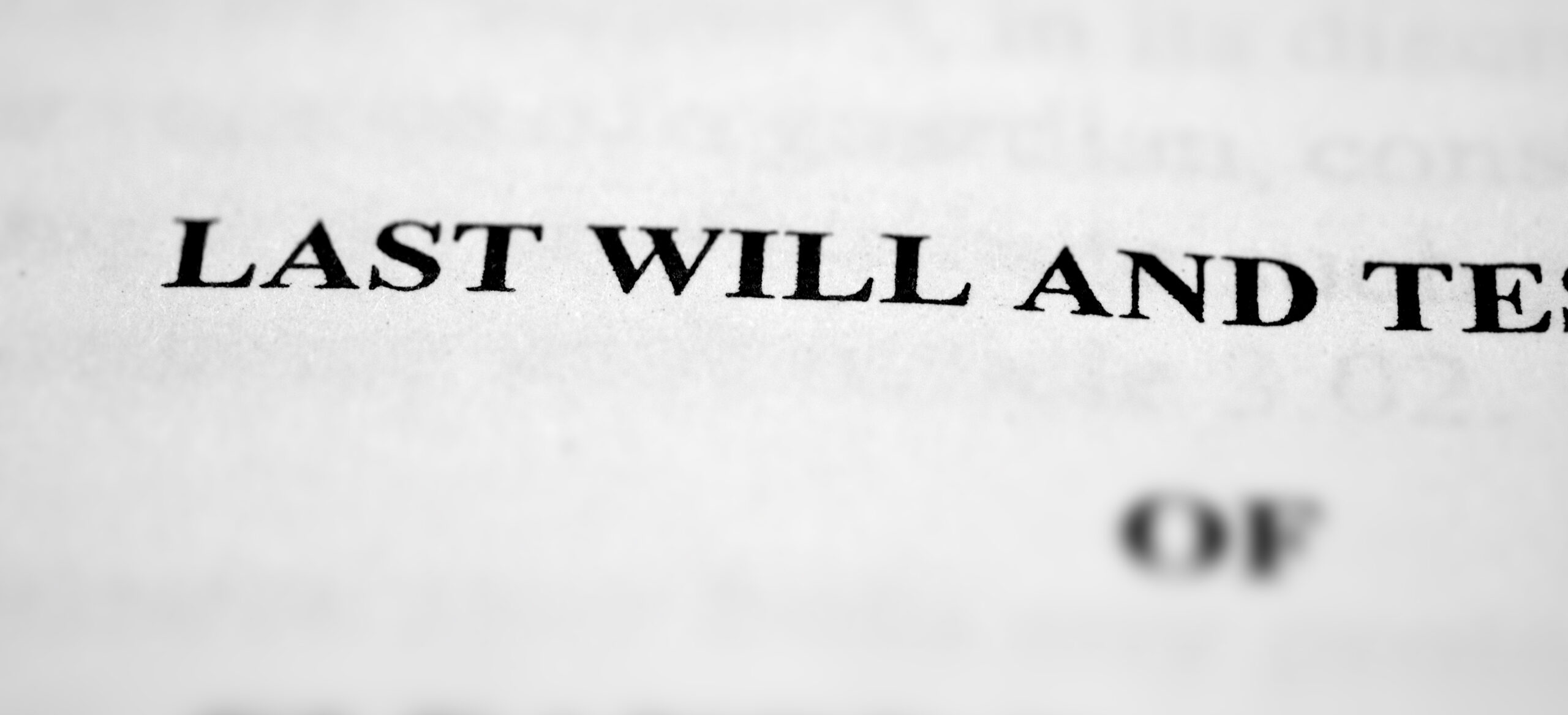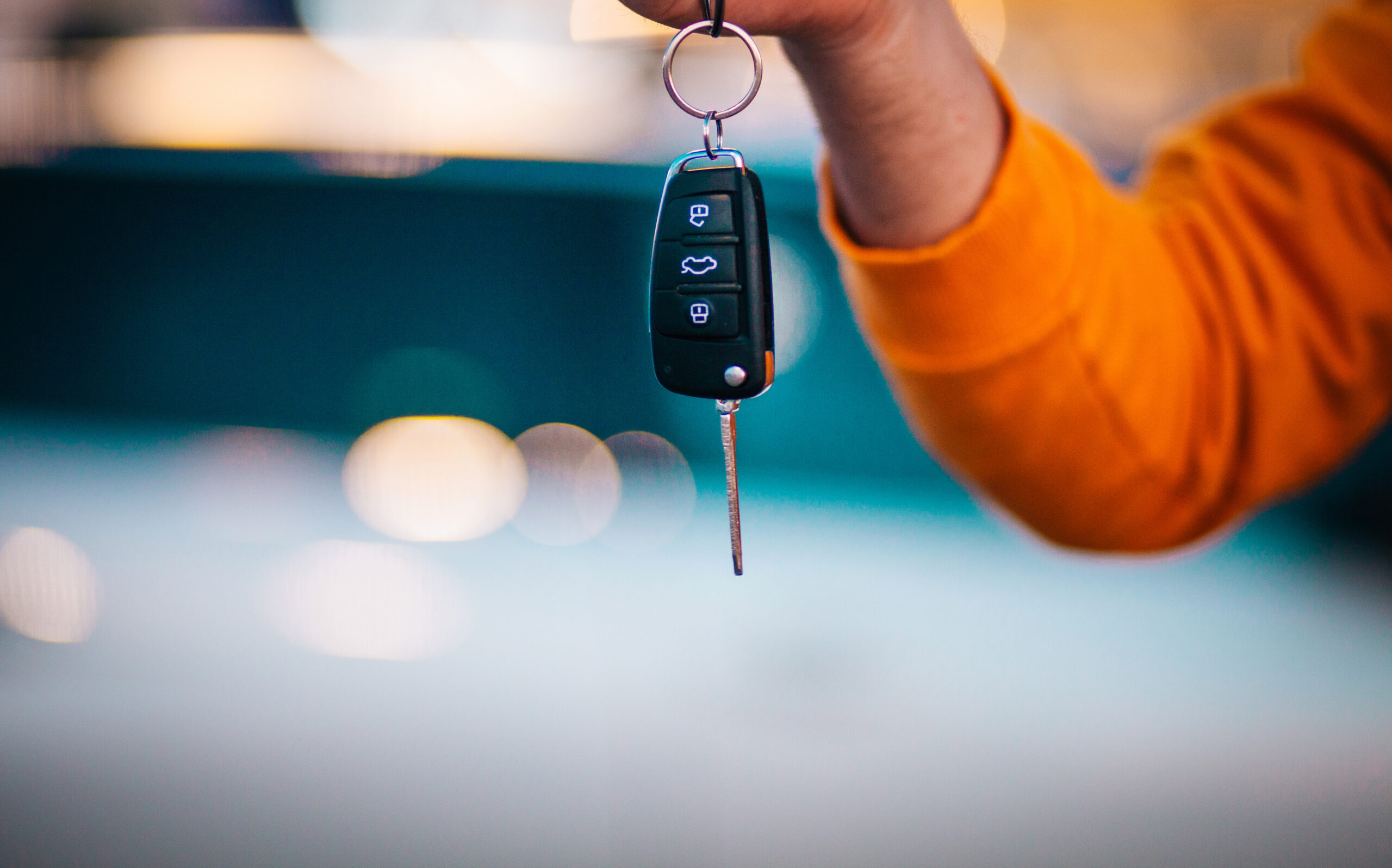Choosing the Right Person to be Your Estate’s Executor
The executor of your estate acts as the quarterback of your estate plan. This person calls the shots for your estate and passes it through probate. Just like a football team scouting a quarterback, the decision about who to “draft” for this position is a critical one and requires much forethought.
Responsibilities of an Executor
In a nutshell, an executor shepherds the will through the probate process. Most assets must pass through probate before they can be dis-tributed to beneficiaries. (Assets transferred to a living trust are exempt from probate.) When the will is offered for probate, the executor will obtain a “letter of testamentary” from the court, authorizing him or her to act on the estate’s behalf.
It’s the executor’s responsibility to locate, manage and disburse the estate’s assets. In addition, he or she must determine the value of property, such as real estate, artwork and other collectibles. Depending on the situation, assets may have to be liquidated to pay the estate’s debts and any taxes due.
If funeral and burial expenses weren’t pre-paid, the executor can use estate funds. The executor will obtain copies of the death certificate, which will be needed for several purposes, including closing financial accounts, canceling certain benefit payments and filing tax returns.
The executor also must manage the estate’s assets until they can be distributed. Typically, this involves supervision of brokerage and other investment accounts.
Note that every state has its own laws applicable to estates and the eligibility requirements for executors. These should also be considered.
Strengths and Weaknesses
The executor plays a crucial role in the administration of your estate. Who should you choose to fill the role? It can be a relative — such as a spouse, adult child, a parent or other family member -or a trusted friend. You can also choose a professional, such as an attorney or financial planner.
Sometimes, the choice may be obvious. For example, if your spouse is immersed in all your financial activities, is proficient in the types of duties required and is “ready, able and willing” to take on the responsibilities, he or she may be the logical person to designate as the executor. Similarly, an adult child may immediately leap to your mind as the perfect person. In many cases, however, the decision isn’t so easy.
Given the enormity of the situation, you should delve deeper into potential candidates relating to the following aspects:
Familiarity. Usually, it’s best to choose an executor who is well aware of your circum-stances and is familiar with you and your family. This person would know the significance of carrying out your expressed wishes.
Organizational Skills. The responsibilities of an executor are wide and varied. It makes sense to rely on someone with strong organizational skills.
Financial and Legal Acumen. Having a finance or legal background is a definite plus, but not required. Indeed, an executor can hire professional advisors for guidance.
Stability. Your executor may need to keep an even keel through some trials and tribulations. Choose someone who is level-headed and won’t be easily drawn into family conflicts.
Don’t Forget to Name a Backup
Regardless of the choice you make, be sure to name a successor executor if, for any rea-son, the initial executor is unable to perform the duties. In some cases, you might name co-executors, especially if one is a layperson and the other is a professional. This is a com-mon approach, though it can slow the process when two parties must coordinate actions.
Make the Right Choice
No matter how much effort you put into planning your estate, the plan won’t work smoothly if you hastily choose the wrong executor. Turn to your estate planning advisor for guidance in making this weighty decision.
You Haven’t Informed Your Family About Your Estate Plan
There’s no question that creating an estate plan can be a major undertaking. But finally putting all the pieces of your plan together can bring peace of mind. However, it’s beneficial to take the next step and talk to your family about your final wishes.
Indeed, one of the biggest estate planning concerns is the potential for family discord. Frequently, this occurs when there’s little or no discussion of the estate plan among family members. The last thing you want to happen is to have loved ones “blindsided” by the terms of your will after your death.
This may occur if you give most of your estate to just one person (who may or may not be aware of your intentions). Others may resent your final decisions. Ultimately, this could lead to legal challenges.
Fortunately, there’s a relatively simple solution to these issues: Discuss your intentions with family members before you finalize your plan.
This could result in squabbles and dissension, especially if the conversations involve sensitive matters, but it’s better to clear the air now so there aren’t surprises later.
Try to be open and frank in these discussions, and don’t keep any secrets. By and large, family members will appreciate your efforts and will be more likely to act harmoniously. You may even receive some input that could affect your plan.




